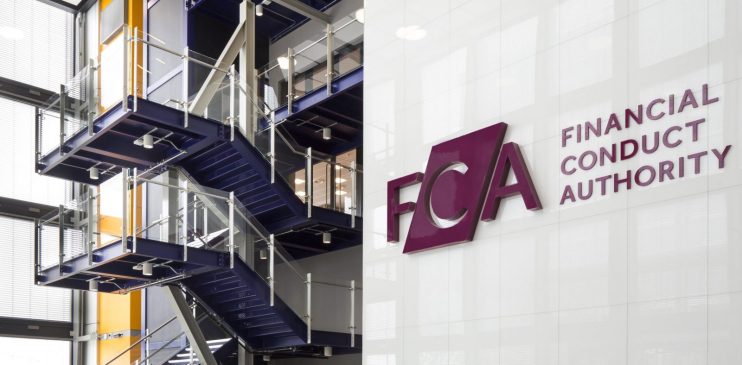FCA urges Big Tech to crack down on fraud amid rise in unauthorised firms

The Financial Conduct Authority (FCA) has launched a fresh call for social media firms to do more to prevent mass fraud on their platforms, City A.M. can reveal.
The City watchdog said in a report on Thursday that it issued 2,286 warnings last year alerting consumers about firms and individuals operating without its authorisation, up 21 per cent from 1,882 in 2022.
Latest data from banking trade body UK Finance showed that more than three quarters (77 per cent) of payments fraud in the first half of last year originated online.
In its report, the FCA urged Big Tech to deliver on promises they have made to the government as part of last year’s Online Fraud Charter.
The regulator noted that there had been a near 100 per cent drop in illegal paid-for ads after it agreed with Google, Microsoft, Meta, X (formerly Twitter) and TikTok that only FCA-authorised firms could advertise financial services on their platforms.
It said these firms must now do more to stop non-paid, organic, content promoting scams.
The Home Affairs Committee heard from banking bosses on Wednesday that social media was a major breeding ground for fraud, with a director at TSB Bank saying “about a third” of listings on Facebook Marketplace could be scams.
“Fraud and scams can destroy lives and have a devastating effect on victims, eroding trust in financial services and markets,” said Sarah Pritchard, executive director of markets at the FCA.
“That is why we are redoubling our commitment to work with government, industry and partners to tackle financial crime in all its guises and setting out the areas and priorities where we want to see further action.
“While good progress has been made, bolder and more innovative solutions are required to make a bigger dent in addressing financial crime.”
The FCA warned that scammers are increasingly using cyberattacks and artificial intelligence (AI) to target both companies and consumers, urging the financial services sector to ensure their defences keep pace.
It added that a high rate of cryptocurrency firms were failing to meet minimum standards required for registration under the FCA’s anti-money laundering and counter-terrorist financing regime, with 88 per cent of crypto applications withdrawn, rejected or failed between April and December last year.
The FCA laid out sweeping plans last year to regulate so-called stablecoins as the UK government aims for the country to become a “global hub” for crypto.
Lloyds Bank estimated last November that nearly two thirds (66 per cent) of investment fraud originated on social media – most commonly Instagram and Facebook – as it issued an “urgent warning” on crypto scams.
Responding to the FCA’s report, Antony Walker, deputy chief executive of techUK, told City A.M. that tech firms “already take a number of measures against online fraud and are committed to deliver on the pledges of the Online Fraud Charter”.
He added: “The nature of online fraud is constantly evolving, and tech companies continue to adapt their approaches to effectively counter this criminal activity.”
The FCA reported “significant” progress in tackling investment fraud, with overall losses falling 40 per cent between 2022 and 2023, although the number of victims ticked up 4.3 per cent.
“The financial services sector continues to lead the fight against these awful crimes and we are also currently the only sector that reimburses victims,” a UK Finance spokesperson told City A.M.
“The only way we will prevent fraud is if other sectors do much more to help us deal with the criminality which is increasingly taking place on their platforms.”